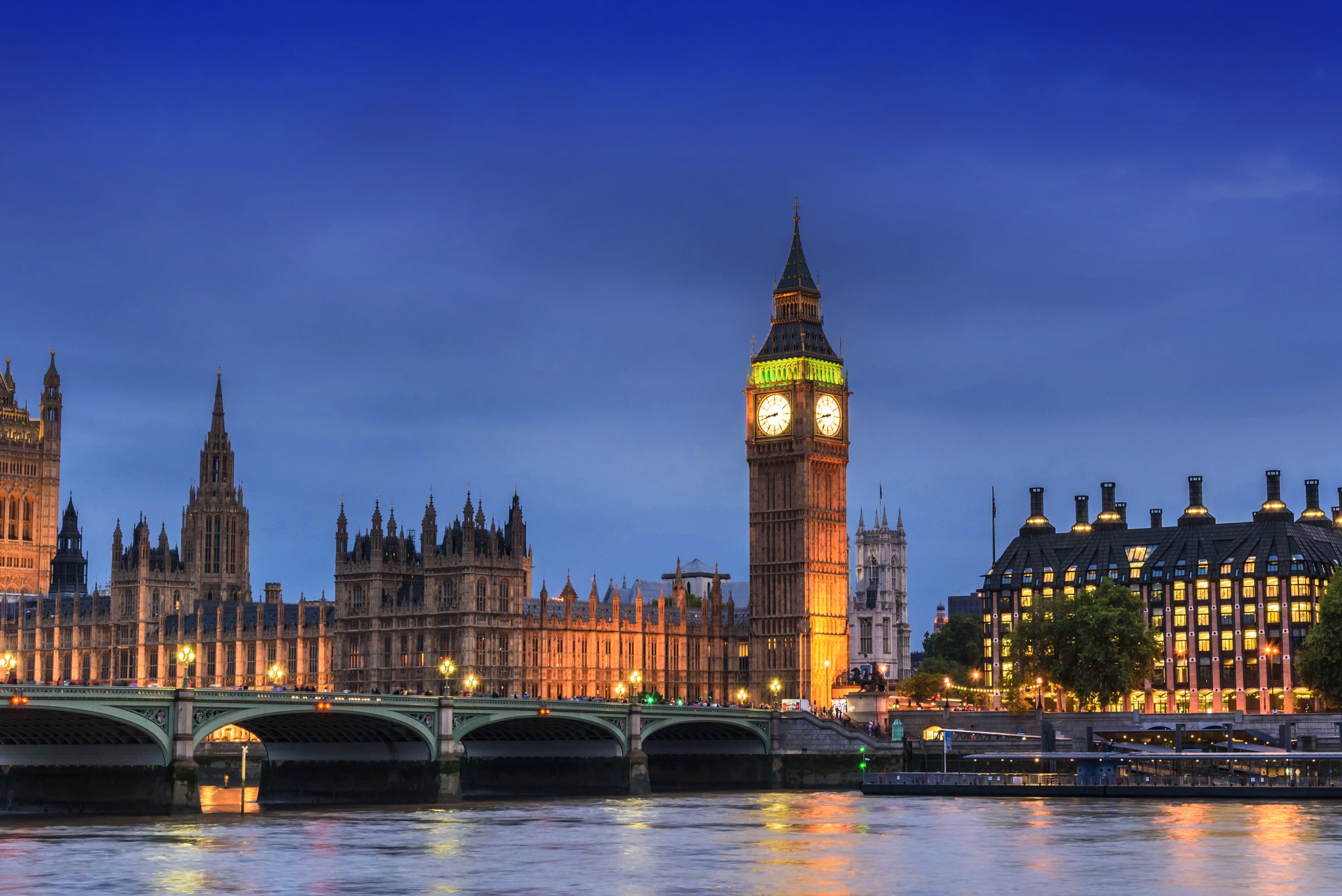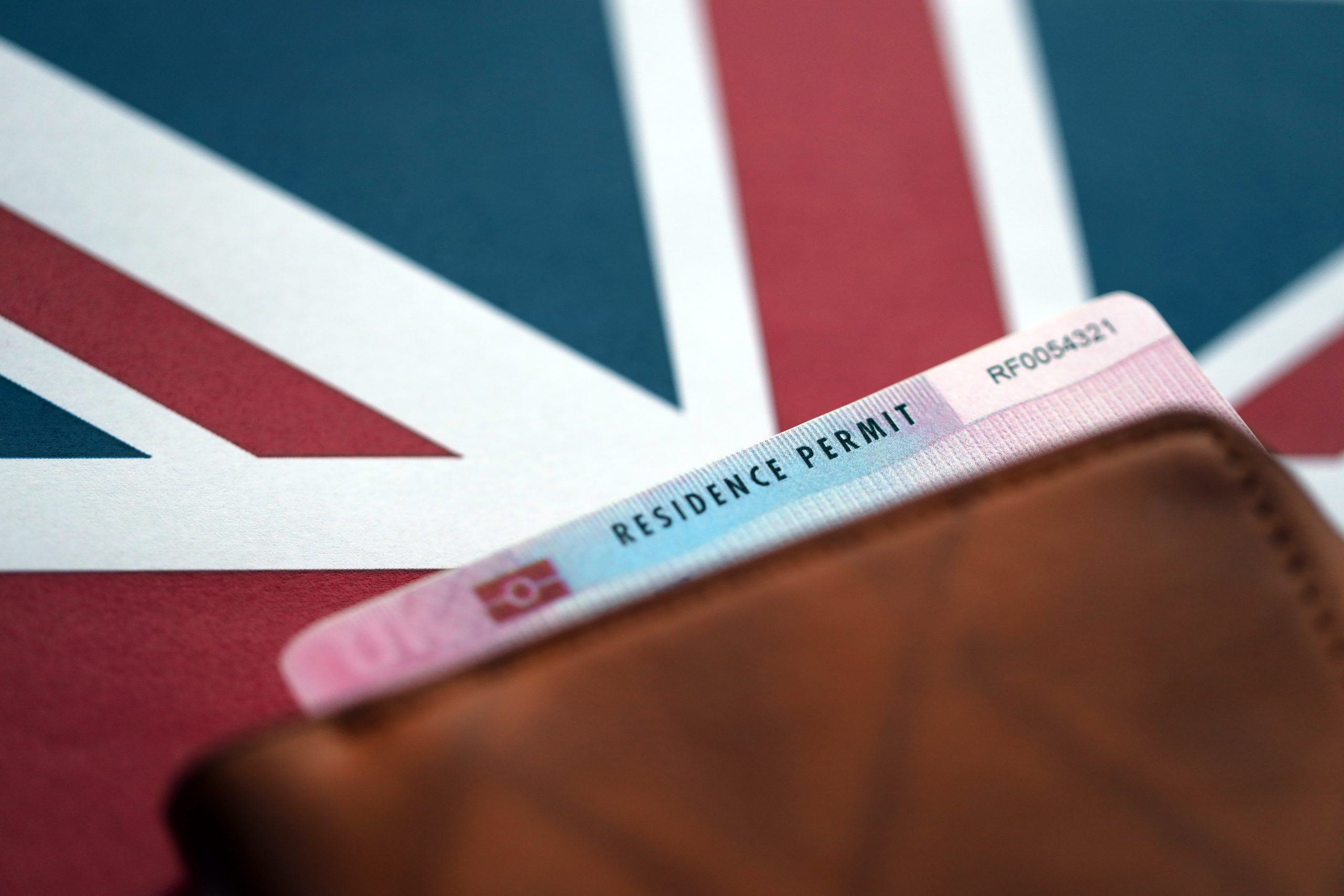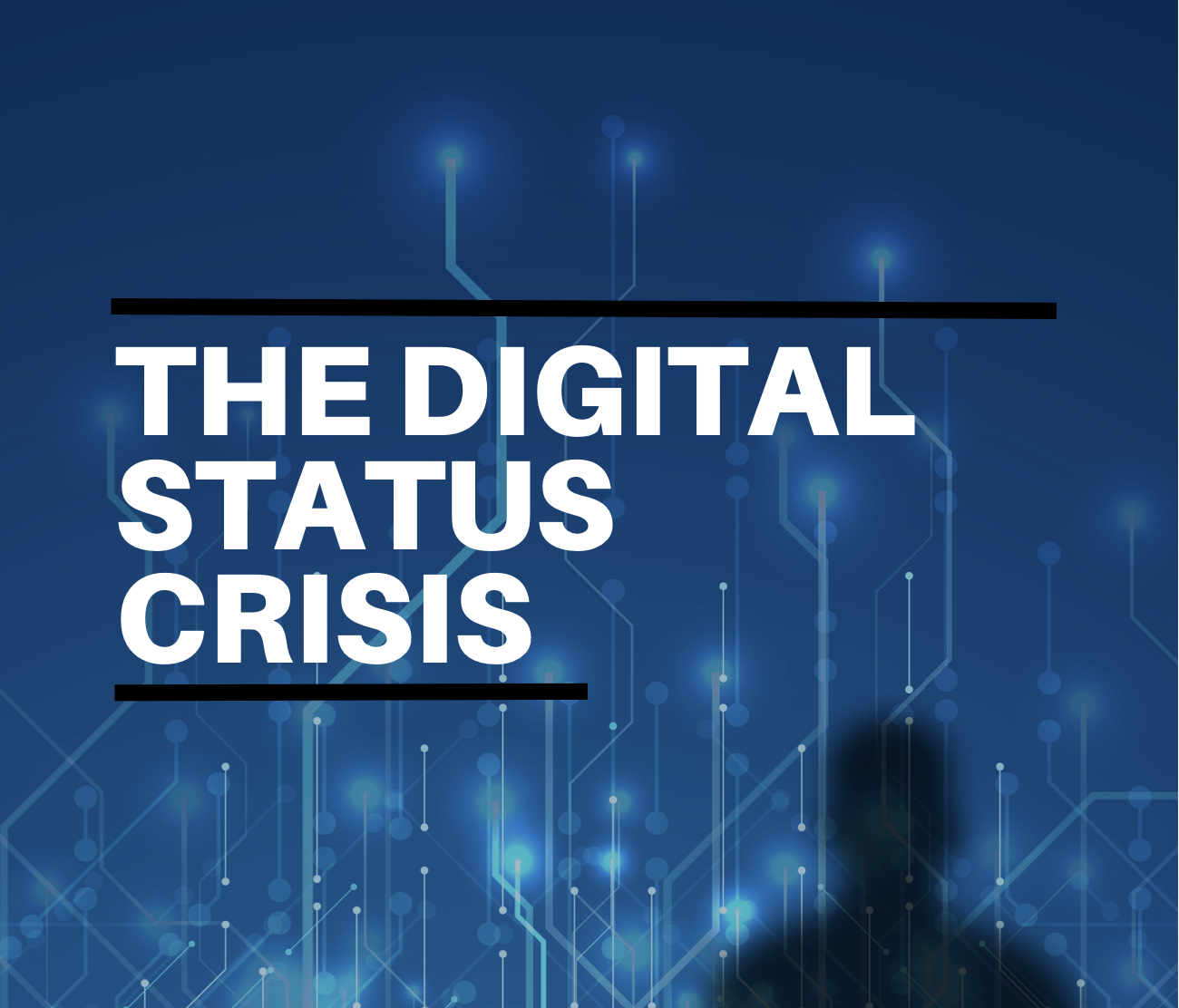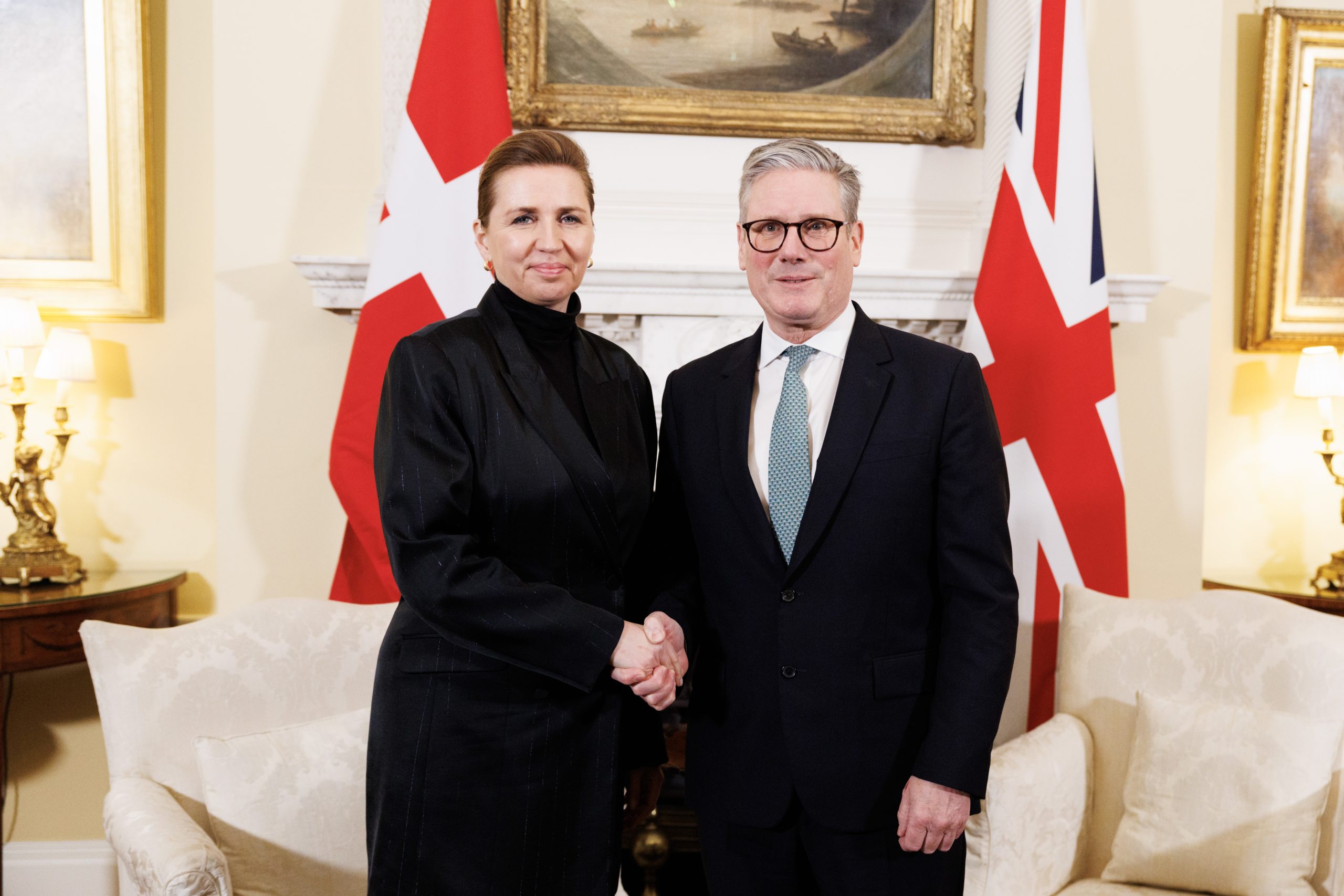
Understanding the Immigration Health Surcharge (IHS)
The Immigration Health Surcharge was introduced in 2015. It is a fee that is paid on top of most visa applications, and grants individuals full access to NHS services during their stay in the UK. The fee is charged per year, covering the duration of the visa applied for.
Implemented from 6 February 2024, the Immigration Health Surcharge has increased significantly from £624 to £1,035 per year, per person for most UK visas, and from £470 to £776 a year for children, students, and Youth Mobility visas.
There is no option to opt out of the Immigration Health Surcharge, even if you plan to rely on private healthcare.
The consequences of not paying the surcharge means a visa application is invalidated, leading to the rejection of an application. Therefore it is essential to understand if the Immigration Health Surcharge applies to you and your dependents.
Who has to pay the Immigration Health Surcharge?
The Immigration Health Surcharge will have to be paid by most applicants from inside the UK seeking limited leave to remain and applicants (including dependants) outside of the UK applying for entry to the UK. The charge does not need to be paid by most short-term visitors with less than 6 months stay in the UK.
Who does not have to pay the Immigration Health Surcharge?
Certain categories remain exempt from the Immigration Health Surcharge. The full list can be found here on GOV.UK, and some notable examples are below:
- Those applying for indefinite leave to enter or remain
- Those seeking British Citizenship
- Health and care workers who are eligible for a Health and Care Worker visa
- Visitors
- Asylum seekers or those applying for humanitarian protection
- Domestic workers identified as victims of slavery or human trafficking
- Late applications to the EU Settlement Scheme
Applicants facing financial constraints can request a fee waiver by demonstrating their inability to afford the Immigration Health Surcharge.
Applicants facing refusal or who are withdrawing their application can apply for an Immigration Health Surcharge refund.
Some students who are EU Citizens may also be able to apply for a refund.
The refund process typically takes around six weeks. It’s important to note that refunds are withheld during ongoing administrative reviews or appeal processes.
Criticisms of the Immigration Health Surcharge
The surcharge, controversial since its initiation, faces objections on principled grounds, with critics highlighting that migrants already contribute to the NHS through regular taxes the same way that British citizens do. Additionally, concerns arise about practical application issues, like the scope of exemptions and the inability to pay in instalments. The complex rules and change in charges can also leave the most vulnerable without access to much needed healthcare.
The surcharge is arguably driven by the government’s fixation on reducing net migration and continued drive over the past 10 years to create a hostile environment for migrant people. Furthermore, following a year stricken with NHS doctor strikes, the government has been eager to give the impression that they are finding ways to put more money in to the NHS.
In summary, the Immigration Health Surcharge mandates fees for most visa applicants, sparking criticism on various grounds. Despite exemptions and refund options, the Immigration Health Surcharge remains a contentious aspect of immigration policy. Understanding your position and knowing whether or not you need to pay the charge is key in helping you plan for your future in the UK.
Need legal assistance on your UK immigration journey?
If you need legal assistance on your UK immigration journey or have any questions, fill out our contact form and we will get back to you and let you know how we can help you.

-

What Is Indefinite Leave to Remain (ILR) and What Does It Mean?
Read articleWhat does ILR mean? Very simply, ILR means indefinite leave to remain in the UK. If you hold indefinite leave to remain it gives you the right to live in the UK permanently. You may have heard indefinite leave to remain referred to as permanent residence in the UK. Both terms are used interchangeably, however […]
-

The UK Immigration System, A Digital Status Crisis
Read articleOver the past decade, the UK has moved towards a digital-only system for immigration statuses, replacing physical documents with eVisas and online records. This system is intended to make it easier to prove the right to work, rent, study, and access services in the UK. Every person with an immigration status is expected to maintain an online […]
-

The UK’s New Asylum Strategy: The Danish Model of Deterrence
Read articleFor years, Denmark has been held up across Europe as the archetype of a tough, deterrent-based asylum regime. It is the model now explicitly influencing the UK’s direction of travel. To understand what the UK’s new asylum policy aims to achieve, and the risks embedded within it, we need to understand what Denmark has done and what […]
Categories: Immigration NewsImmigration Rights
